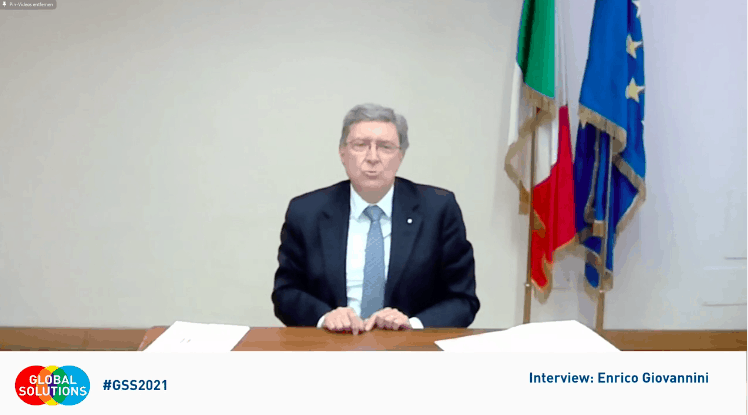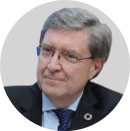Inequality between regions is an important driver of the decoupling of economic and social prosperity. Economic prosperity is increasingly spatially concentrated, while left-behind regions struggle with poverty, bad education, inferior health, political extremism. The COVID-19 pandemic disruptions have created new spaces for change, as citizens and decision-makers around the globe are looking for recovery options. However, this window of opportunity to drive change in new directions will not last for long in times of high political and economic volatility. This is the time for a deep, bold, well-informed move in response to the fragmentation of global decision-making. ‘Urban tinkering’ (Keith, Parnell et al., 2020) cannot continue to be the only answer. What institutional foundations could help to value ‘homo economicus’ prosocial motives beyond his selfish interests (Collier, 2020)? Under which conditions could the international cooperation that allowed for the rapid sequencing of the SARS-CoV-2 genome and the development of vaccines be expanded to other areas, in particular sustainable urbanization and infrastructure systems? Beyond the „global cities and infrastructure for growth“ narrative that has largely prevailed since the aftermath of the Cold War, this session will reflect on how key policy-making arenas such as the G20 can help reverse urbanization’s extraordinary ability to cement and lock-in an unsustainable, unequal future.






